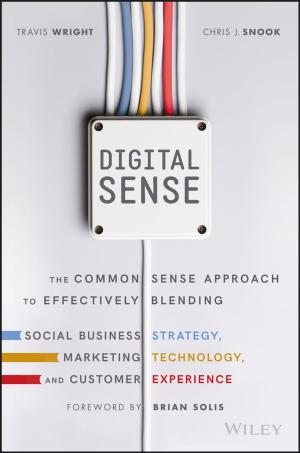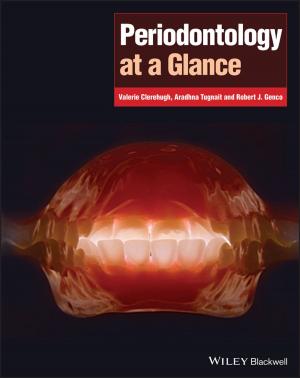Essentials of ADHD Assessment for Children and Adolescents
Nonfiction, Health & Well Being, Psychology, Clinical Psychology| Author: | Elizabeth P. Sparrow, Drew Erhardt | ISBN: | 9781118416235 |
| Publisher: | Wiley | Publication: | March 26, 2014 |
| Imprint: | Wiley | Language: | English |
| Author: | Elizabeth P. Sparrow, Drew Erhardt |
| ISBN: | 9781118416235 |
| Publisher: | Wiley |
| Publication: | March 26, 2014 |
| Imprint: | Wiley |
| Language: | English |
A comprehensive approach to accurate ADHD diagnosis
In Essentials of ADHD Assessment in Children and Adolescents, the authors provide a clear and informative road map for practitioners seeking to conduct state-of-the-art assessments for one of the most common disorders of childhood. Drawing upon years of experience in conducting diagnostic evaluations of ADHD following best-practice standards, they emphasize the importance of a comprehensive evaluation, incorporating data from multiple sources, using multiple methods, and interpreting findings within the appropriate developmental and cultural contexts. The major components of an ADHD evaluation (interviews, rating scales, cognitive testing, observation, record review) are reviewed in detail.
Expert guidance is provided for resolving the most common challenges in assessing ADHD, including differentiating symptoms from normal development, dealing with discrepant data, differential diagnosis, and considering comorbidity. The latest scholarly literature is integrated with the authors' practical recommendations to provide clinicians with the concepts and tools needed for effective and accurate assessment of ADHD, addressing such topics as:
- When inattention is ADHD, and when it may be emotional or neurological
- Which disorders may masquerade as or present with ADHD
- The elements of accurate ADHD testing and the reasons behind them
- Integrating results of a multi-modal approach into an ADHD assessment
An indispensable professional resource for practicing clinicians, Essentials of ADHD Assessment for Children and Adolescents is a reader-friendly guide to providing a thorough, responsible ADHD evaluation.
A comprehensive approach to accurate ADHD diagnosis
In Essentials of ADHD Assessment in Children and Adolescents, the authors provide a clear and informative road map for practitioners seeking to conduct state-of-the-art assessments for one of the most common disorders of childhood. Drawing upon years of experience in conducting diagnostic evaluations of ADHD following best-practice standards, they emphasize the importance of a comprehensive evaluation, incorporating data from multiple sources, using multiple methods, and interpreting findings within the appropriate developmental and cultural contexts. The major components of an ADHD evaluation (interviews, rating scales, cognitive testing, observation, record review) are reviewed in detail.
Expert guidance is provided for resolving the most common challenges in assessing ADHD, including differentiating symptoms from normal development, dealing with discrepant data, differential diagnosis, and considering comorbidity. The latest scholarly literature is integrated with the authors' practical recommendations to provide clinicians with the concepts and tools needed for effective and accurate assessment of ADHD, addressing such topics as:
- When inattention is ADHD, and when it may be emotional or neurological
- Which disorders may masquerade as or present with ADHD
- The elements of accurate ADHD testing and the reasons behind them
- Integrating results of a multi-modal approach into an ADHD assessment
An indispensable professional resource for practicing clinicians, Essentials of ADHD Assessment for Children and Adolescents is a reader-friendly guide to providing a thorough, responsible ADHD evaluation.















